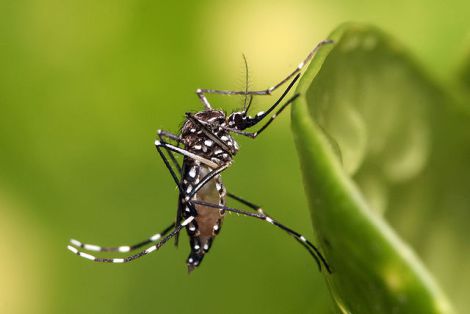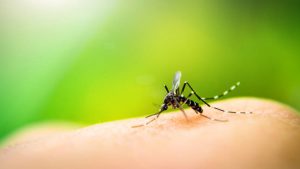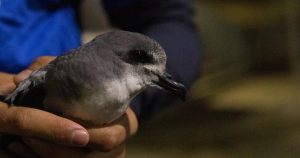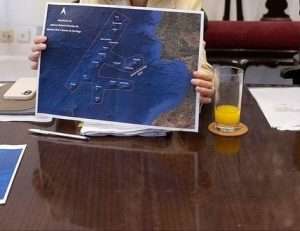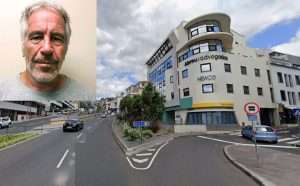On the 15th of May, in London, the Regional Directorate for Health (DRS) participated in the International Workshop commemorating the 6th anniversary of the Digital Public Health Centre of University College London (dPHE – UCL) under the theme ‘Vector-borne diseases – the Digital One Health approach.’
DRS’s partnership with dPHE – UCL has been developing since 2019 and results in the research and co-development of a mobile application, based on IoT technology to improve the surveillance work of the Aedes aegypti mosquito, both in Madeira and also in Brazil and Turkey.
This event was attended by multiple researchers and experts from the United Kingdom, Brazil, Switzerland, Turkey, the World Health Organization, and the Autonomous Region of Madeira (RAM).
On the occasion, it was up to Pedro Ramos, Regional Secretary for Health and Civil Protection, digitally, to deliver the opening lecture on the theme ‘Atlantic Health System: A digital challenge for the future.’
The Regional Director for Health, Bruna Gouveia, was physically present at the event and was a speaker in two panel discussions (“Digital detection and vector modelling of vectors in the context of climate change” and “Digital disease surveillance – public health response in the real world).”
Discussing the challenges in the fight against vector-borne diseases, the Regional Director addressed the work carried out in the region in the context of surveillance and control of Aedes Aegypti and the early detection of imported cases of the disease. She also highlighted the real impact of climate change on this problem, which creates, in the region and around the world, increasingly favourable conditions for the development of these invasive mosquitoes.
The participation of the Autonomous Region of Madeira was also attended by 4 senior technicians from the DRS, authors of one of the posters exhibited in the session under the theme ‘Entomological surveillance of the Aedes aegypti mosquito in the Autonomous Region of Madeira.’ The poster described the entomological surveillance programme in the Autonomous Region of Madeira, which covers all municipalities in the region and has a network of 228 traps (204 for mosquito egg surveillance and 24 for adult mosquitoes).
To ensure the management of the network of traps, as well as the set of works underlying the surveillance and control process of Aedes Aegypti, the DRS has a multidisciplinary team in the areas of Communication, Environmental Health, Environmental Engineering and Geography and the collaboration of municipalities. Remembering that the use of insecticides in the Autonomous Region of Madeira is not indicated, given the resistance of the Aedes Aegypti mosquito to the chemicals legally accepted in the European Union, several activities are carried out daily to capture and eliminate mosquitoes.
The installation of traps for this purpose (BG-GATs), as well as outreach activities in the community, in which DRS technicians seek to raise awareness in the field and detect and eliminate potential mosquito breeding sites, a very important action, since mosquitoes are mostly found inside buildings.
Samantha Gannon
info at madeira-weekly.com
Views: 0

